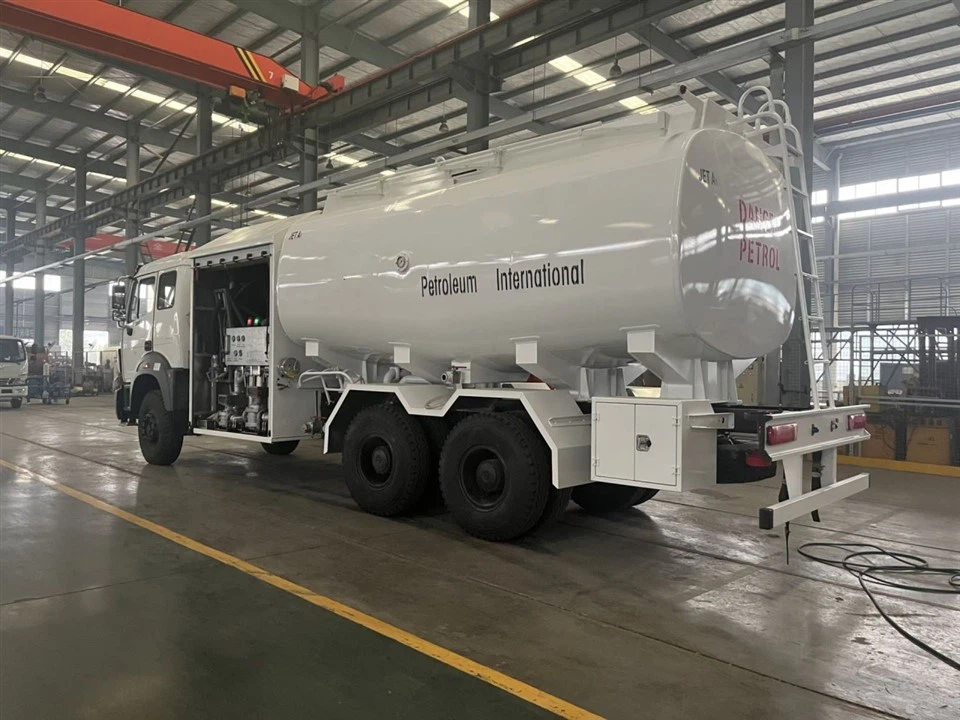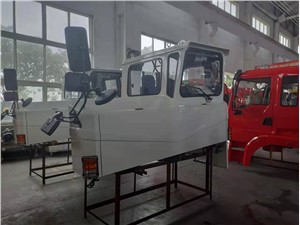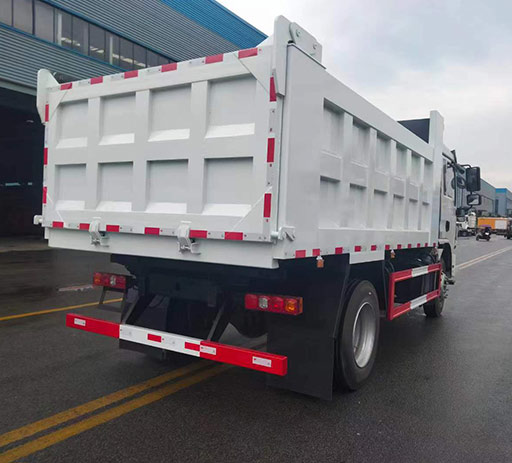Understanding Big Garbage Trucks: Operation, Benefits, and Environmental Impact

Introduction
Big garbage trucks play a crucial role in waste management and environmental sustainability. These colossal vehicles are the workhorses behind our daily sanitation efforts, collecting waste from homes, businesses, and public areas. This article delves deep into the various aspects of big garbage trucks, including their types, functionalities, environmental impact, and the technology that supports their operation. If you’ve ever wondered how these giants of the road operate or the vital role they play in keeping our cities clean, you’re in the right place.
Types of Big Garbage Trucks
Not all garbage trucks are created equal. Understanding the different types can give you insight into how waste is managed in your community.
1. Rear Loader Garbage Trucks
These trucks have a large opening at the rear, designed for manual loading of waste. Sanitation workers typically collect garbage from bins and load it into the truck’s back. Rear loaders are efficient for residential areas where waste is collected curbside.
2. Front Loader Garbage Trucks
Front loaders are built for commercial waste collection. They have forks in the front that lift large dumpsters and dump their contents into the truck. This method is faster and often requires fewer workers, making it ideal for businesses.
3. Side Loader Garbage Trucks
These vehicles have an arm that picks up trash bins from the side. They offer an automated collection system, which reduces the need for manual labor. Side loaders are useful in areas with tight spaces or where large bins need to be collected frequently.
4. Compacting Garbage Trucks
Equipped with a compaction mechanism, these trucks compress waste to maximize storage capacity. This type is often used for dense, heavy waste, increasing efficiency and reducing the number of trips needed to the disposal site.
How Big Garbage Trucks Operate
The operation of big garbage trucks is a blend of mechanical engineering and innovative design aimed at optimizing waste collection and disposal.
Loading Mechanism
The loading mechanisms differ based on the truck’s design. Rear loaders depend on human power, while front and side loaders often utilize hydraulic systems, making the process more efficient.
Compaction Systems
Some big garbage trucks come fitted with compaction systems that compress waste, allowing them to carry more material in a single trip. These trucks have a hydraulic arm that packs waste into a smaller area, enhancing space efficiency.
Navigation and Technology
Modern garbage trucks are increasingly using GPS and routing software to optimize their collection routes. This technology helps reduce fuel costs and improves time management, ensuring the efficient collection of waste.
Benefits of Big Garbage Trucks
Big garbage trucks provide numerous benefits to communities and the environment. Here are some notable advantages:
1. Improved Waste Management
The primary function of garbage trucks is to collect waste efficiently. A well-structured waste collection system ensures that neighborhoods remain clean and sanitary.
2. Reduced Environmental Impact
By collecting and transporting waste effectively, these trucks help in reducing litter pollution, promoting recycling, and ensuring waste is disposed of properly, thereby minimizing environmental damage.
3. Cost Efficiency
Using big garbage trucks can lead to cost savings in waste management. Their design allows for a more substantial load per trip, reducing fuel consumption and labor costs.
4. Enhanced Public Health
Regular waste collection by big garbage trucks helps prevent the spread of diseases associated with waste accumulation. This is especially critical in urban areas where the population density is high.
Environmental Impact of Big Garbage Trucks
The environmental implications of big garbage trucks are significant, both positive and negative.
Positive Contributions

- Recycling Efforts: Many garbage trucks are now equipped to separate recyclables from general waste, promoting recycling initiatives.
- Lower Carbon Emissions: New technologies and better fuel efficiency contribute to lowering the carbon footprint of waste collection.
Negative Aspects
- Fuel Dependence: Traditional diesel-powered trucks can contribute to air pollution.
- Noise Pollution: The operation of large trucks can generate significant noise, impacting local communities.
Tips for Efficient Waste Management with Garbage Trucks

Community engagement is vital for enhancing the efficiency of waste management processes.
1. Schedule Regular Collections
Coordinate with local waste management authorities to ensure that garbage collection schedules are adhered to. Regular collections prevent overflow and reduce littering.
2. Sort Waste Properly
Encourage residents to separate recyclables, compostables, and general waste. This not only helps the environment but also makes the work of garbage trucks more efficient.
3. Participate in Community Clean-Up Events
Engage with local community programs aimed at cleaning public spaces. This often encourages proper waste disposal habits.
4. Keep Garbage Cans Accessible
Ensure that garbage bins are easily accessible to facilitate quick collections. Providing ample bins reduces litter on the streets.
Big Garbage Trucks in Various Industries
Besides municipalities, many industries rely on garbage trucks for waste collection and management.
1. Construction and Demolition
Construction sites generate significant waste. Heavy-duty garbage trucks suited for such bulky refuse are essential to maintaining safety and cleanliness on-site.
2. Commercial Waste Management

Retail stores and restaurants produce substantial amounts of waste. Businesses often rely on front loader trucks for efficient disposal.
3. Public Events
Outdoor concerts and festivals create large amounts of waste, often requiring specialized garbage trucks capable of handling high volumes in a short period.
Future Trends in Garbage Truck Technology
As technology evolves, so too does the functionality of big garbage trucks. Here are a few trends to look out for:
1. Electric Garbage Trucks
With a move towards sustainability, many manufacturers are developing electric garbage trucks to reduce pollution and noise.
2. Automated Systems
Automation is the future. Many garbage trucks are now being equipped with robotic arms for the collection of waste, minimizing the need for manual labor.
3. Smart Waste Management
IoT (Internet of Things) technology is being integrated into garbage collection systems, enabling better routing, remote monitoring, and predicting waste management needs.
FAQ Section
1. What is the average lifespan of a big garbage truck?
The average lifespan of a big garbage truck can range from 10 to 15 years, depending on maintenance and usage.
2. How often should garbage trucks collect waste?
The frequency of garbage collection varies by community and type of waste. Most residential areas are serviced weekly, while commercial areas may require more frequent collections.
3. Can garbage trucks be environmentally friendly?
Yes, many modern garbage trucks incorporate features such as fuel-efficient engines and recycling capabilities to enhance their environmental sustainability.
4. What types of waste can big garbage trucks collect?
Big garbage trucks can collect a variety of waste, including residential trash, recycling materials, and commercial waste, provided they have specialized equipment.
5. How do garbage trucks manage hazardous waste?
Garbage trucks designed for hazardous waste are equipped with specific containment features to safely transport dangerous materials in accordance with regulations.
6. What safety measures are in place for garbage truck drivers?
Safety measures include regular training, use of personal protective equipment (PPE), and following strict operational protocols to reduce accidents.
